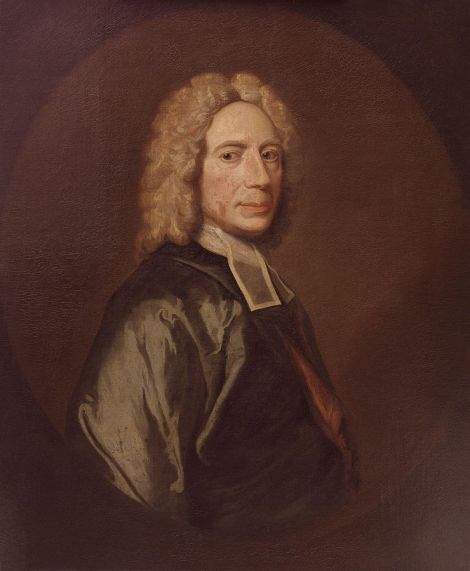
I may have mentioned that I’ve been spending time with my parents’ old hymnal. I even bought a hymnal on line because I wanted more of the spiritual songs I have sung for most of my life. One thing I like about the hymn books is that you have time to see who wrote them—lyrics and music alike.
One name kept popping up in connection to hymns I knew well, that I’d sung in every church I attended: Issac Watts. A famous name, but who was he? I realized I didn’t actually know. So a little research and here’s what I learned.
An Englishman, Watts lived a long time ago, born and died before the birth of the United States. But he was a product of the Reformation. The Anglican church dominated the scene at the time, but the Watts family affiliated with the Nonconformists. His father even spent time in jail because his beliefs were illegal.
Watts had an aptitude for language and for poetry. He has come to be known as the father of English hymnody. The Germans had been writing hymns for a hundred years already, but Watts introduced something new in English. Many of his 600 some hymns were paraphrases of Scripture.
Still, his songs were controversial in some places, in large part because they were not Scripture.
A hymn in the most general sense is a song of praise to God, but it is distinguished from a psalm, a lyrical expression of devotion drawn from the Book of Psalms in the Bible. Psalm singing, or psalmody, was the main form of congregational musical involvement in services when Watts came on the scene. Watts’s hymns were often based on psalms, but he put them into a moving new language of personal worship that anyone could understand. (“Isaac Watts,” Encyclopedia.com)
Quoting from a primary source, CT Magazine explains further:
“Christian congregations have shut out divinely inspired psalms and taken in Watts’s flights of fancy,” protested one detractor. Others dubbed the new songs “Watts’s whims.” (“Isaac Watts: Father of English Hymnody”)
I guess music has been an issue for a long time in the Church!
Watts never married. He lived and worked in London as a tutor for a number of years, then as a pastor, and finally primarily as a hymn writer.
He was know in his day for his work and teaching in the subject of logic. He wrote the textbook that was used for years known as Logic but fully entitled he Right Use of Reason in the Enquiry After Truth With a Variety of Rules to Guard Against Error in the Affairs of Religion and Human Life, as well as in the Sciences. Some of this work departed from the standard understanding of the discipline and some was innovative as he utilized the influence of contemporary thought, including that of John Locke.
Isaac Watts was a small, frail man, but brilliant and influential in his own day. What amazes me is how long his influence has lasted. Here are some of his best known hymns:
Alas! and Did My Savior Bleed? (music: Hugh Wilson)
Am I a Soldier of the Cross? (music: Thomas A. Arne)
At the Cross (music: Ralph E. Hudson)
Come, Holy Spirit, Heavenly Dove (music: John B. Dykes)
Come, We That Love the Lord (music: Aaron Williams)
I Sing the Mighty Power of God (from Gesangbuch der Herzogl, 1784)
Jesus Shall Reign (music: John Hatton)
Joy to the World! (music: George F. Handel)
O God, Our Help in Ages Past (music: attr. to William Croft)
We’re Marching to Zion (music: Robert Lowry)
When I Can Read My Title Clear (music: attr. to Joseph C. Lowry)
When I Survey the Wondrous Cross (music: arr. by Lowell Mason) [List compiled by Wholesome Words]
So who was Isaac Watts? A brilliant man, a pastor who loved God and His word and wanted to make the truth of Scripture accessible to the normal person. Even to children. He had a book of hymns written just for them.
And amazingly, his influence continues today. Especially at Christmas when people of all kinds of religious backgrounds may hear strains of “Joy to the World,” not a holiday song really. It is a “for all times” hymn, as are so many others of his.

![PowerElementsCharacterDevelopment[1000][1]](https://rebeccaluellamiller.files.wordpress.com/2015/05/powerelementscharacterdevelopment10001.jpg?w=205)








This post was a particular blessing to me. I so enjoyed reading and contemplating here. Wishing you a glorious holiday season.
LikeLiked by 1 person
Very interesting. Well written and informative. Thank you 💕
LikeLiked by 1 person
Thanks for your encouraging response.
Becky
LikeLike